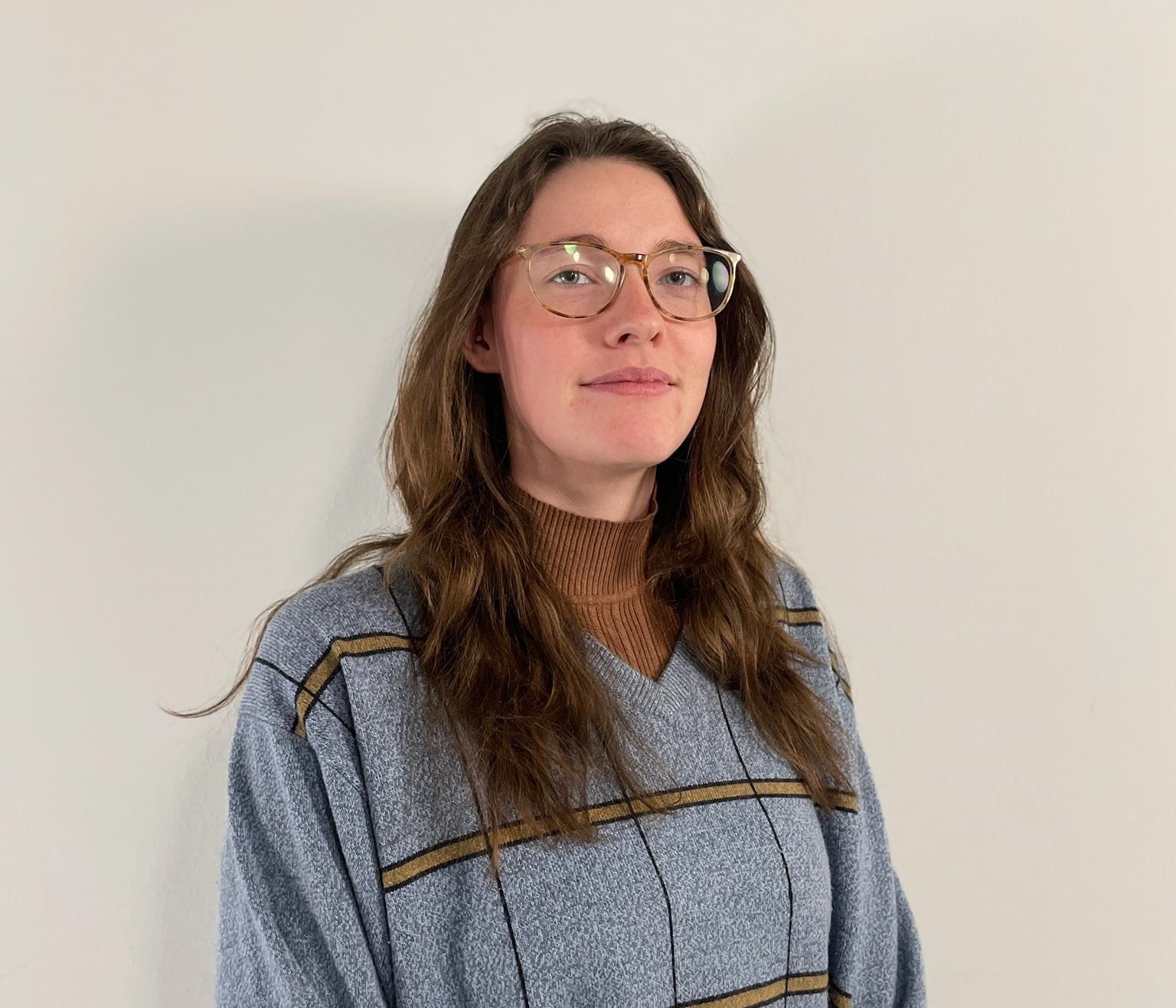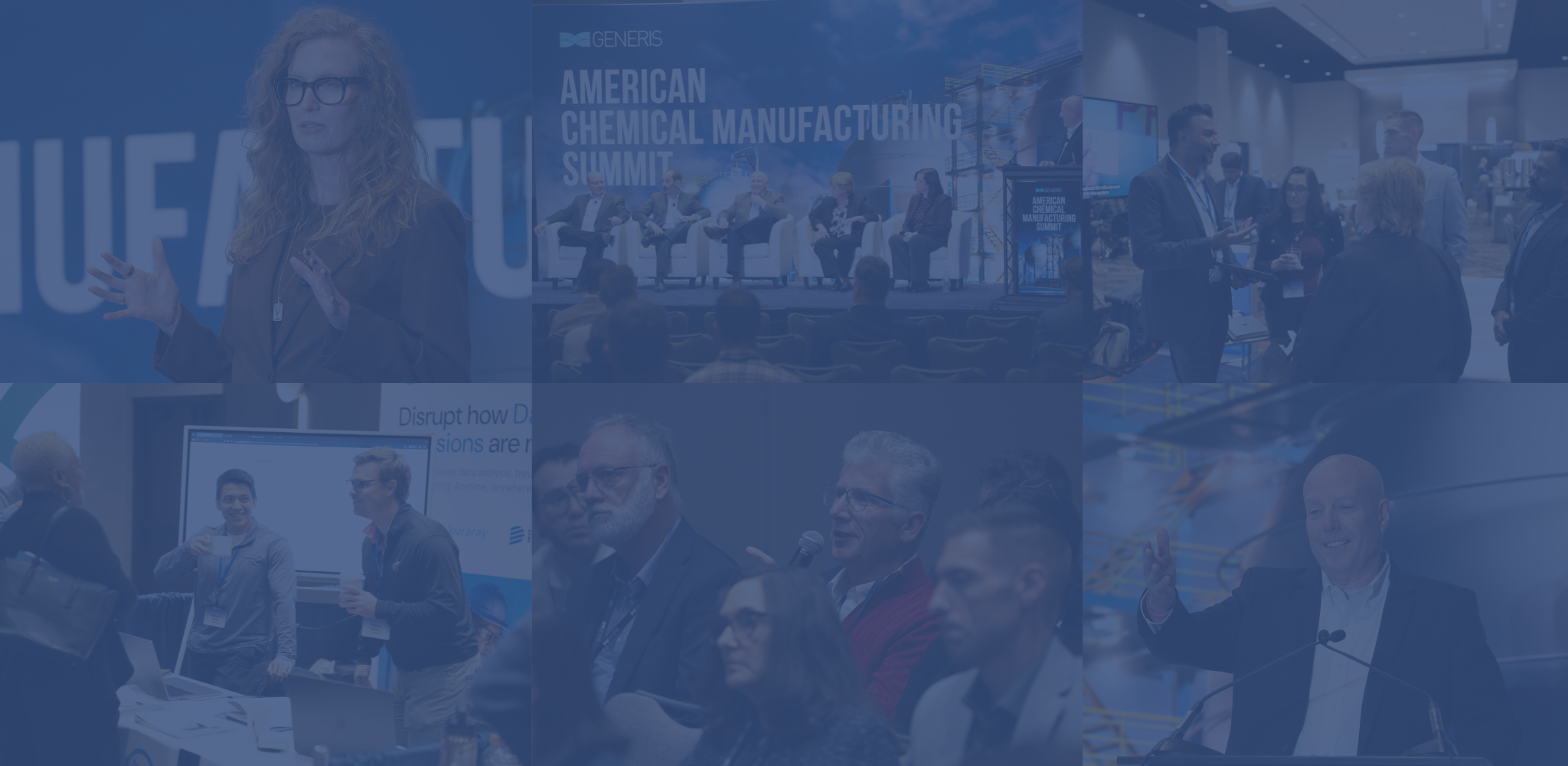In this Speaker Spotlight, Chris Crowell, Ph.D., VP of Operations, Site Head, EU Manufacturing, and Managing Director at Kite, a Gilead Company, offers a preview of his upcoming session. Chris will delve into Kite's advancements in cell therapy manufacturing, future strategies for manufacturing cell therapies, and the critical role of enhancing capabilities and cross-functional collaboration in driving innovation.
This article provides insight into Chris Crowell's upcoming panel discussion, "Manufacturing Excellence and Innovation in Cell Therapy," which will be featured at the European Biomanufacturing Summit.
Introduce Kite as a company and yourself and describe your role/responsibilities as the VP, Operations and Site Head, at Kite’s European Cell Therapy Manufacturing Facility.

My name is Chris Crowell, and I’m Vice President of Operations & Site Head for Kite’s European cell therapy manufacturing facility in Amsterdam.
Kite’s single focus is cell therapy to treat and cure certain types of cancer. Our goal is to bring the potential of cell therapy to as many eligible patients as possible who may benefit.
We believe that cell therapy has the ability to change the way cancer is treated. Cell therapy uses the power of a patient’s own immune system to target and attack cancer cells.
Kite manufactures two cell therapies that cover five indications. Our team is 4,000 people strong, of which over 900 are employed in Amsterdam, and we have the largest dedicated in-house cell therapy manufacturing network in the world. Globally, we work with a network of qualified treatment centers in over 25 countries.
Could you tell us more about your personal career journey in the biomanufacturing space?
I have more than 25 years of pharmaceutical manufacturing and operations expertise.
Before I came to work at Kite in Amsterdam, I was Vice President of Manufacturing and Site Head of Kite’s Research, Development & Manufacturing Center located in Santa Monica, California.
Prior to joining Kite, I worked for Amgen for many years in several roles.
I hold a bachelor’s degree in biological sciences (B.S.) from the University of California, Santa Barbara, and a Doctor of Philosophy (Ph.D.) in pharmaceutical sciences from the University of Colorado’s Anshutz Medical Campus.
Can you discuss any unique technologies or innovations that have been implemented at the facility to enhance manufacturing efficiency?
As industry leaders, we are continuing to innovate and advance manufacturing automation.
Manufacturing technologies are evolving rapidly, and we’re engaged with global leaders in process automation and technology to speed innovation. Automation is not just about manufacturing, but the whole value chain. We’re focused on Quality Control automation and technology that improves logistics to get therapies to patients faster.
What are the biggest challenges you have faced in scaling up manufacturing operations for cell therapies, and how have you addressed them?
There was no roadmap for scaling cell therapy to reach thousands of patients, so Kite really had to charter the course; this can’t be underestimated, even today. We have the largest in-house cell therapy manufacturing network in the world. We are the fastest in the industry and continually looking at ways to get even faster. We’re very proud that we’ve supplied 23,300+ patients with our cell therapies globally. And we work with 480+ qualified treatment centers worldwide.
Unlike other large pharma companies in the CAR T-cell therapy space, we are the only company that has all critical functions vertically integrated and dedicated exclusively to this highly specialized treatment. This means we are fully responsible for the cell therapy portion of the business from end-to-end which is very important given the complexity of cell therapy, particularly the end-to-end delivery of the product and its impact on all areas of the business.
"This means we are fully responsible for the cell therapy portion of the business from end-to-end which is very important given the complexity of cell therapy, particularly the end-to-end delivery of the product and its impact on all areas of the business."
Can you share more about Kite's commitment to manufacturing excellence?
A cell therapy treatment is manufactured for each patient individually. And therefore, manufacturing is central to how we deliver our therapies. And quality, reliability, and speed are critical.
As the global leader in cell therapy, patients and physicians count on our 96% manufacturing success rate. With a manufacturing time of 14 days in the U.S.- and 19 days in Europe - for our first cell therapy, it is our intention is to further reduce turnaround time here as well, and to expand the reach of CAR-T to even more patients.
Kite has continued to increase its manufacturing network capacity to meet increasing demand, ensuring scheduling availability to meet the needs of physicians and their patients.

How is knowledge sharing facilitated across different teams and locations to ensure everyone is aligned and informed?
At Kite, we like to say that cell therapy is a team sport. There is huge complexity involved in cell therapy manufacturing, with hundreds of personnel responsible for ensuring the quality and supply of an individual patient’s cells, which requires high levels of teamwork and expertise. I’m very proud of the level of cross-functional collaboration that occurs every single day at Kite.

Can you discuss any recent innovations in Kite’s product pipeline that demonstrate the company’s commitment to pushing the boundaries of cell therapy?
Since 2009, we are driven by our singular focus of cell therapy, harnessing the power of this treatment to transform cancer treatment.
It is our ambition to enable the power of the current existing cell therapies to be used earlier in the treatment journey and to reach more patients by overcoming barriers that prevent broader adoption in manufacturing, and scalability.
Additionally, we are aiming to build the next generation of cell therapies for tomorrow. All in the ultimate pursuit of a potential cure.
We are grateful to Chris Crowell for the profound insights he shared in this blog post. His expert perspectives will greatly enhance our discussions at the European Biomanufacturing Summit. We look forward to his session, "Manufacturing Excellence and Innovation in Cell Therapy," which will take place on September 10-11, 2024, in Berlin, Germany. Thank you, Chris, for your collaboration and valuable input.
%20(1).png?width=773&height=112&name=Generis%20Logo%20full%20Colour%20(Large)%20(1).png)


.png)
-2.png)
